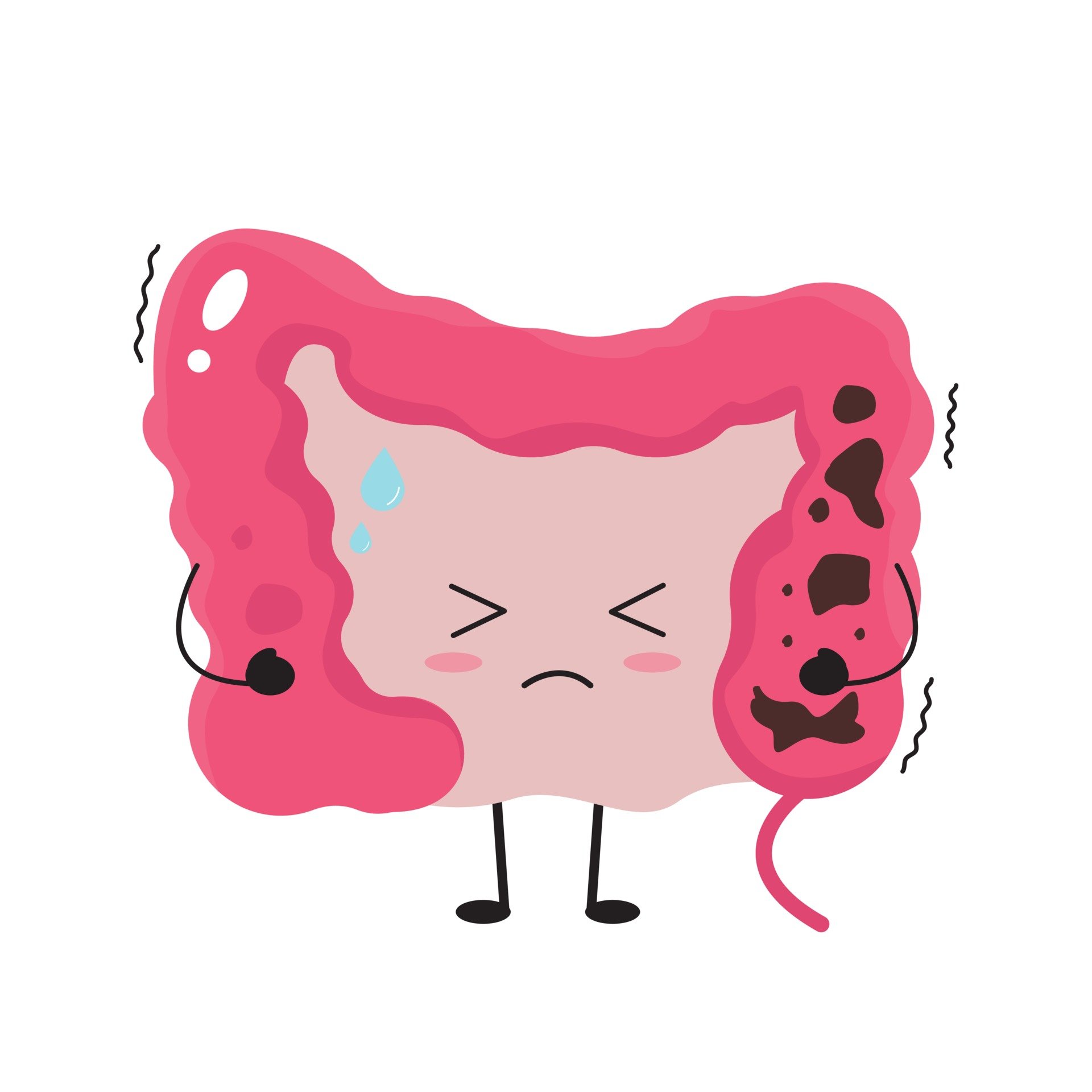If you think the ‘silent treatment’ is annoying, wait till your guts do it & it’s called constipation. constipation is one of the most common digestive problems in the world affecting both genders and all ages.
Constipation is generally described as having fewer than three bowel movements a week. Normal frequency ranges from one bowel movement a day to one per week. If once a week is normal for you, no intervention is needed.
Symptoms of constipation include:
- Passing fewer than three stools a week
- Having lumpy or hard stools
- Straining to have bowel movements
- Feeling as though there’s a blockage in your rectum that prevents bowel movements
- Feeling as though you can’t completely empty the stool from your rectum
What causes constipation?
- Older adults
- Female gender
- Dehydration
- Lack of fiber
- Getting little or no physical activity
- Taking certain medications, including sedatives, opioid pain medications, some antidepressants or medications to lower blood pressure
- Having a mental health condition such as depression or an eating disorder
Other underlying causes?
- certain diseases, such as stroke, Parkinson’s disease, diabetes , IBS or diverticulosis , hormonal problems
- overuse or misuse of laxatives
When should I see a doctor?
- Incase u experience any of the following; severe abdominal pain, extreme bloating, hemorrhoids or blood in stool, or weight loss
Treatment
Lifestyle modifications
- Drink plenty of water to stay hydrated
- Limit consumption of alcoholand caffeinated drinks, which cause dehydration.
- Add fiber-rich foodsto your diet, such as raw fruits and vegetables, whole grains, beans, prunes, or bran cereal. Your daily intake of fiber should be between 20 and 35 grams.
- Cut down on low-fiber foods, such as meat, milk, cheese, and processed foods.
- Exercise Regularly with a goal of 30 minutes per day at least five times per week.
- don’t delay bowel movements. The longer you wait, the harder your stool can become
- Use laxatives sparingly.
What about laxatives?
Laxatives contain chemicals that effectively work to help relieve temporary constipation. But when misused or overused, they can cause problems, including chronic constipation.
The use of laxatives is recommended for acute management of constipation, along with lifestyle modifications, for full effect. Never use laxatives for more than two weeks without talking to your doctor. Your body can become dependent on them for proper colon function.



